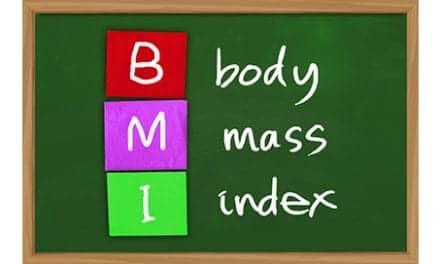New research, published in Frontiers in Immunology and conducted by the Tisch Multiple Sclerosis Research Center of New York, suggests that multiple sclerosis (MS) patients receiving anti-CD20 therapy saw strong T-cell activation after receiving two doses of the COVID-19 vaccine. Anti-CD20 therapies cause B-cell depletion, and MS patients receiving these therapies are considered especially vulnerable to COVID-19 due to their lower production of antibodies. This research advances the analysis of T-cell responses, particularly for MS patients, and underscores the larger need to better understand T-cell responses among immunocompromised individuals. Further research advancements may have potential implications for future vaccine designs and applications.
In a group of 43 MS patients receiving anti-CD20 therapy, the study analyzed the humoral and cellular responses to mRNA COVID-19 vaccines during the first six months after receiving the vaccines. Their responses were compared to those of a healthy control cohort of 34 individuals. After receiving both vaccine doses, MS patients saw a seroconversion rate, measuring the development of antibodies in the blood serum, of only 23.8%.
However, the study found strong T-cell activation across MS patients, with no difference in T-cell response regardless of the patient’s form of MS (relapsing remitting versus progressive MS), anti-CD20 therapy administered (Rituximab versus Ocrelizumab), and the type of mRNA-based vaccine received (Pfizer versus Moderna).
Additionally, even with subjects who had severe B-cell depletion and failed seroconversion, the study found significantly higher SARS-CoV-2 spike-specific T-cell cytokine release and strong T-cell proliferation capacity compared to controls. Consequently, the study’s findings suggest that the vaccine may generate a partially adaptive immune response, driven by a functionally competent T-cell arm, in MS patients with B-cell depletion.
“Our research makes a strong case for studying T-cell response to vaccines, rather than just antibodies, especially for immunocompromised individuals,” said Tisch MSRCNY research scientist Roberto Alfonso, the paper’s lead author. “Analyzing these patients’ T-cell response can lead to enhanced understanding of how they might respond to COVID-19 infection, data that could have important implications for how vaccines are designed for and administered to immunocompromised patients moving forward.”
“We’re proud to release this paper, which adds valuable nuance to existing research around the impact of COVID vaccines on MS patients and others with chronic diseases,” added Dr. Saud A. Sadiq, Director and Chief Research Scientist at the Tisch MSRCNY. “We look forward to further research on this topic and the development of more effective ways to prevent and treat COVID-19 in MS patients and others who are immunocompromised.”
[Source(s): Tisch MS Research Center, Business Wire]





